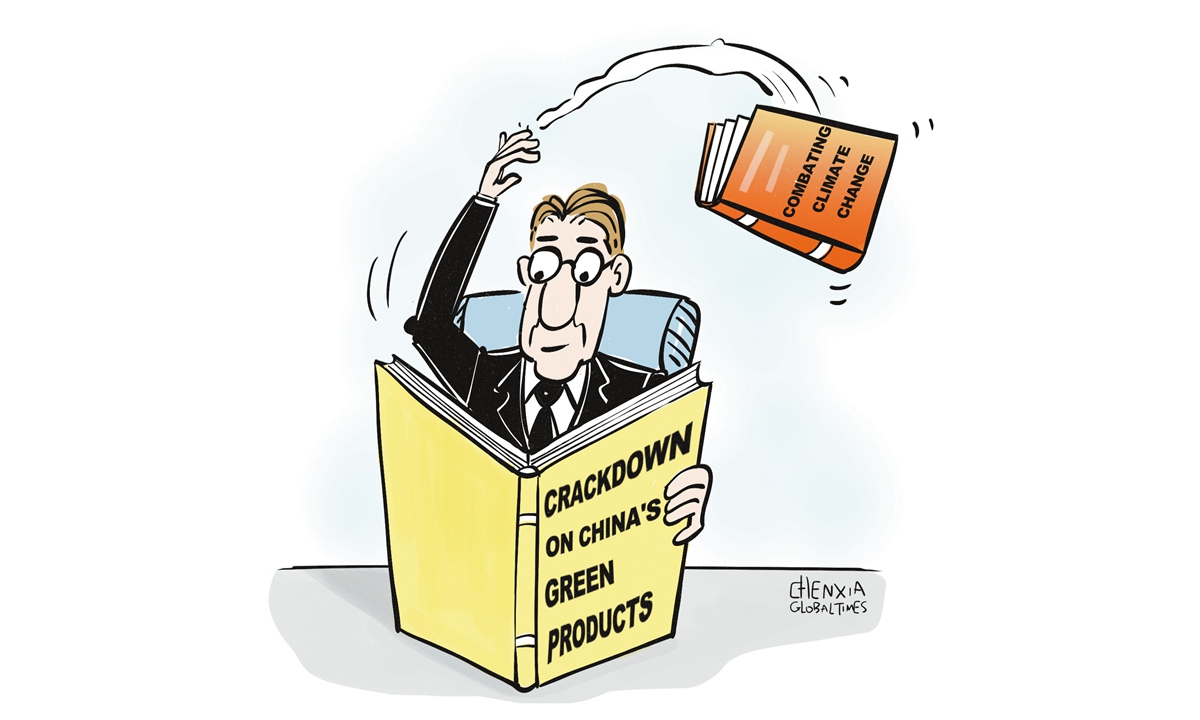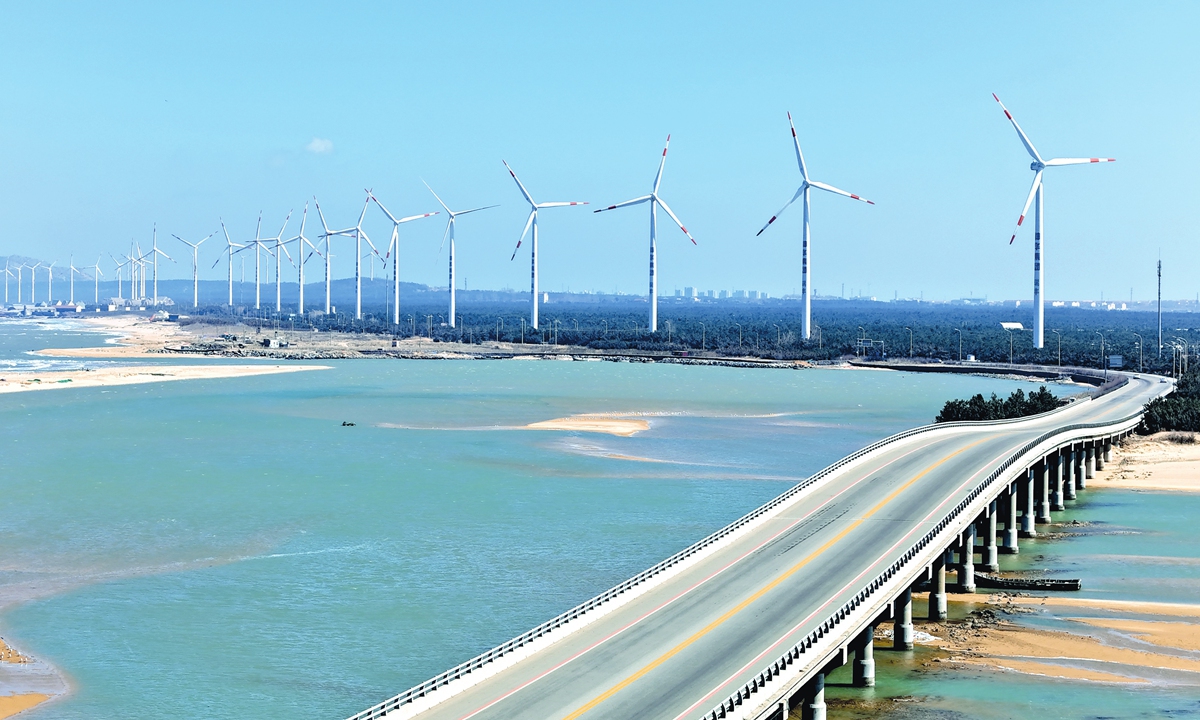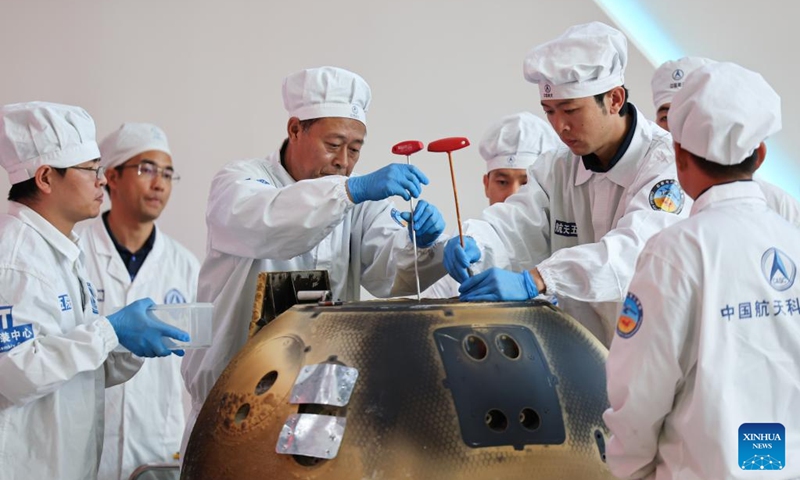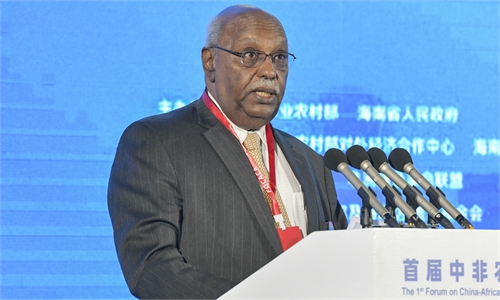
Fahmi: We can learn a lot from them on improving connectivity
BEIJING: Malaysia is attracted by the success of 5G implementation in China, which currently covers over 90% of populated areas and has led to improved connectivity, especially in rural areas.
Communications Minister Fahmi Fadzil (pic) said this is especially so with the country implementing a dual network model of 5G high-speed Internet to provide quality and inclusive telecommunications services to the people.
This was among the matters discussed by Fahmi at a bilateral meeting with China’s Industry and Information Technology Minister Jin Zhuanlong here on Thursday.“During the meeting, we had the opportunity to discuss various topics, including the implementation status of the 5G network in China and Malaysia, the challenges encountered and key improvements or insights we can learn from each other.
“One of the main challenges we face in Malaysia, particularly in the remote, rural, island and hilly areas, is where fibre installation as a backhaul solution poses significant difficulties,” he told Bernama after the meeting.
Fahmi said the discussion also touched on “direct-to-cell” technology involving low earth orbit (LEO) satellites, which are seen as a potential solution to address Internet problems in remote areas and regions without Internet connection.
According to data from China’s Industry and Information Technology Ministry, the number of 5G base stations in the nation exceeded 4.04 million as of August.The figure accounts for 32.1% of the total number of mobile base stations across China, with the number of 5G mobile subscribers reaching 966 million nationwide.In Malaysia, a total of 7,191 5G sites have been developed across the country with 564 in Sabah and 551 in Sarawak, while the coverage level is now 81.9% in populated areas.
Fahmi said that during the meeting, they also discussed the 5G innovation challenge, which saw vendors as providers of equipment facilities for 5G in adapting and producing innovation.“This is interesting and I request MCMC (Malaysian Communications and Multimedia Commission) to conduct more in-depth talks, including on matters such as the use of submarine cables,” he added.
Fahmi said he hoped that the meeting could strengthen the relationship between the two ministries, thereby helping agencies such as MCMC to obtain useful input in the implementation of the 5G network.
This was the second meeting between the two leaders. The first was in Putrajaya in June last year.










